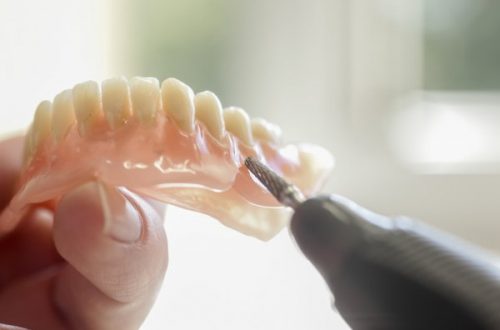The Therapeutic Benefits of THCA Flowers – A Deep Dive into Their Healing Properties
THCA tetrahydrocannabinolic acid flowers are gaining attention in the world of natural medicine for their potential therapeutic benefits. Unlike THC tetrahydrocannabinol, THCA is a non-psychoactive cannabinoid found in raw cannabis plants. It is only when cannabis is heated or dried that THCA converts into THC, the compound responsible for the high associated with marijuana. However, THCA flowers in their raw form offer a range of healing properties that are garnering interest for those seeking natural remedies without the psychoactive effects. One of the most notable therapeutic benefits of THCA flowers is their anti-inflammatory properties. Inflammation is at the root of many chronic conditions, including arthritis, Crohn’s disease, and multiple sclerosis. Studies have shown that THCA can help reduce inflammation, making it a promising option for individuals dealing with chronic pain and autoimmune disorders. The anti-inflammatory effects of THCA are particularly appealing to those looking to manage their symptoms without relying on traditional pharmaceuticals, which often come with a host of side effects.
In addition to its anti-inflammatory properties, THCA is also known for its neuroprotective effects. Neurodegenerative diseases such as Alzheimer’s, Parkinson’s, and Huntington’s disease are characterized by the gradual loss of neurons in the brain. Research suggests that THCA may help protect brain cells from damage, potentially slowing the progression of these debilitating conditions. By reducing oxidative stress and inflammation in the brain, THCA offers a natural approach to supporting cognitive health. Another area where best thca flower show promise is in the management of nausea and appetite stimulation. These effects are particularly beneficial for individuals undergoing chemotherapy or those suffering from eating disorders. Unlike THC, which can cause an intense munchies effect, THCA provides a more balanced approach to stimulating appetite. This makes it a valuable option for patients who need to maintain a healthy weight during treatment without the risk of overindulgence. THCA flowers are also being explored for their potential in supporting mental health. Anxiety and depression are common conditions that affect millions of people worldwide. Traditional treatments for these disorders often involve the use of antidepressants and anxiolytics, which can have significant side effects and lead to dependency.
THCA, with its non-psychoactive nature, offers a gentler alternative. Preliminary research indicates that THCA may help regulate mood by interacting with the endocannabinoid system, which plays a crucial role in maintaining emotional balance. Finally, THCA has shown potential as an anti-cancer agent. While research is still in its early stages, some studies suggest that THCA may have anti-proliferative effects, meaning it could potentially inhibit the growth of cancer cells. This has led to increased interest in THCA as a complementary treatment for cancer, alongside traditional therapies like chemotherapy and radiation. In conclusion, THCA flowers offer a range of therapeutic benefits that make them a valuable addition to the world of natural medicine. From reducing inflammation and protecting brain cells to supporting mental health and potentially inhibiting cancer cell growth, THCA provides a non-psychoactive option for individuals seeking holistic healing. As research continues to uncover the full extent of its healing properties, THCA is likely to become an increasingly popular choice for those looking to harness the power of cannabis without the high.


